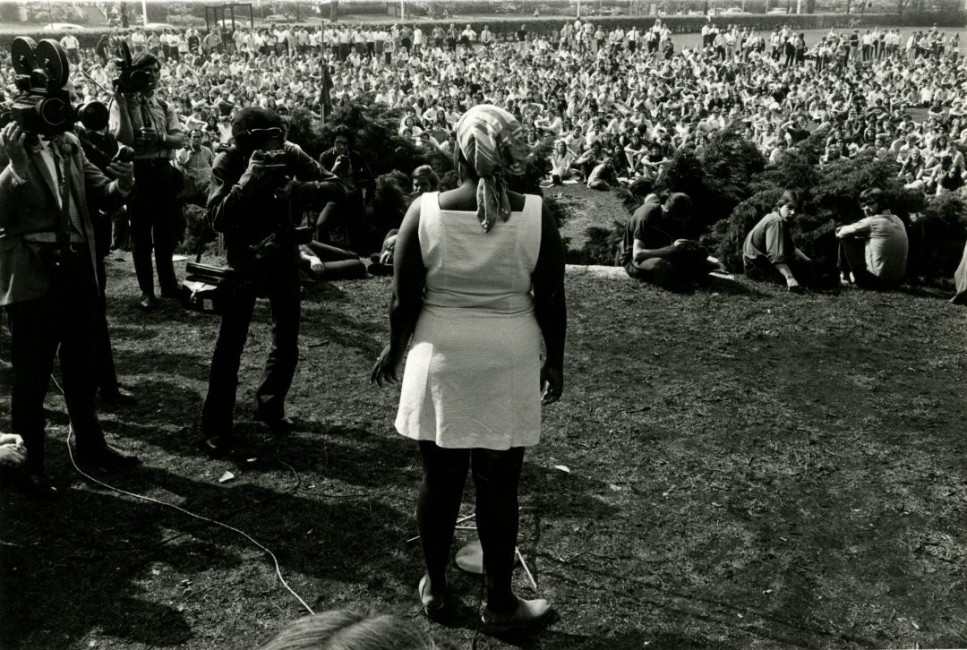A self-guided campus tour celebrates the achievements of women — and those who face gender oppression — all year round.
Northwestern’s Women’s Center began to develop its Feminist Campus Tour during the pandemic to allow community members to experience the University’s history as told by feminist voices.
At each stop on the tour people will learn about the staff and student leaders who contributed to the rights of women at Northwestern and discover gender resources available on campus.
Women’s Center Director Sarah Brown said the tour combines feminist history as well as stories of the present day, which are not often highlighted.
“There is a lot of feminist culture on campus, but it isn't as visible as some of the other things that we have going on,” Brown said. “Being able to create something that anyone can do, and anyone can listen to, has been really rewarding.”
Currently, the Feminist Campus Tour runs just over an hour. Its six stops feature audio from Northwestern’s archives or short recorded talks by tour guides from the Women’s Center, Deering Library and Meadow, the Gender and Sexuality Resource Center, the Bursar’s Office and Hobart House.
A tour stop at Deering Meadow gives visitors a glimpse of a historic campus event from 1970 and emphasizes the role of women in the antiwar movement.
Participants can hear an excerpt from an audio recording of Eva Jefferson Paterson, Northwestern’s first African American student government president, addressing a crowd of 5,000 Northwestern students gathered in response to the fatal shooting of four Kent State University student protestors by the National Guard in Ohio.
Students coalesced around a series of demands to protest the war including offering free legal aid to draft resisters, turning an on-campus armory into a community day care center, and funding a group of students to travel to Washington, D.C., to meet with members of Congress and the Nixon administration.
Brown says there are plans to add more stops to the tour, starting with the department of gender and sexuality studies at Kresge Centennial Hall and the history of Take Back the Night at the Rock. The Women’s Center welcomes suggestions from the community for more sites and stories to include.
“There are many people who have been influential women, nonbinary and trans folks on this campus, whose histories deserve to be celebrated,” Brown said.
Tour access and accessibility
The self-guided audio tour uses the Echoes app, which can be downloaded from App Store or Google Play.
Full directions and accessibility notes are included on the website Social Justice Tours at Northwestern.
Those who don’t have time to complete the whole tour can scan into the tour anytime they are at a site, by picking up a Feminist Campus Tour QR code card at the Women’s Center. Regular and large print PDF transcripts of the tour are available in the center’s front entry way for people who are deaf or hard of hearing.
Before beginning the tour, the Women’s Center encourages participants to take note that the full walk is about 1.7 miles, and the Women’s Center stop mentions domestic violence.
The Social Justice Tours website is a collaboration between CNAIR, the Women’s Center, Northwestern Libraries and the Office of the Provost. The site is home to the Indigenous, Black Experience and Feminist historical campus tours, and aims to make accessible the stories and contributions of the historically marginalized communities on campus.


